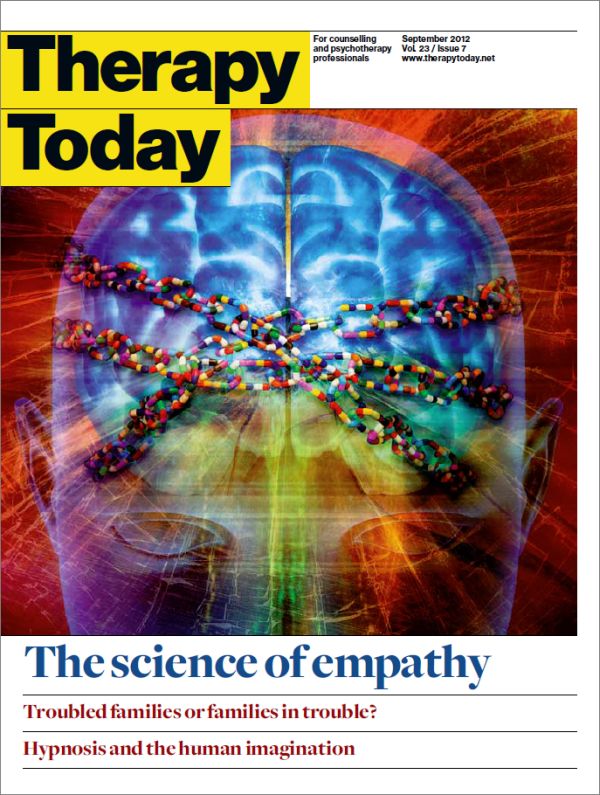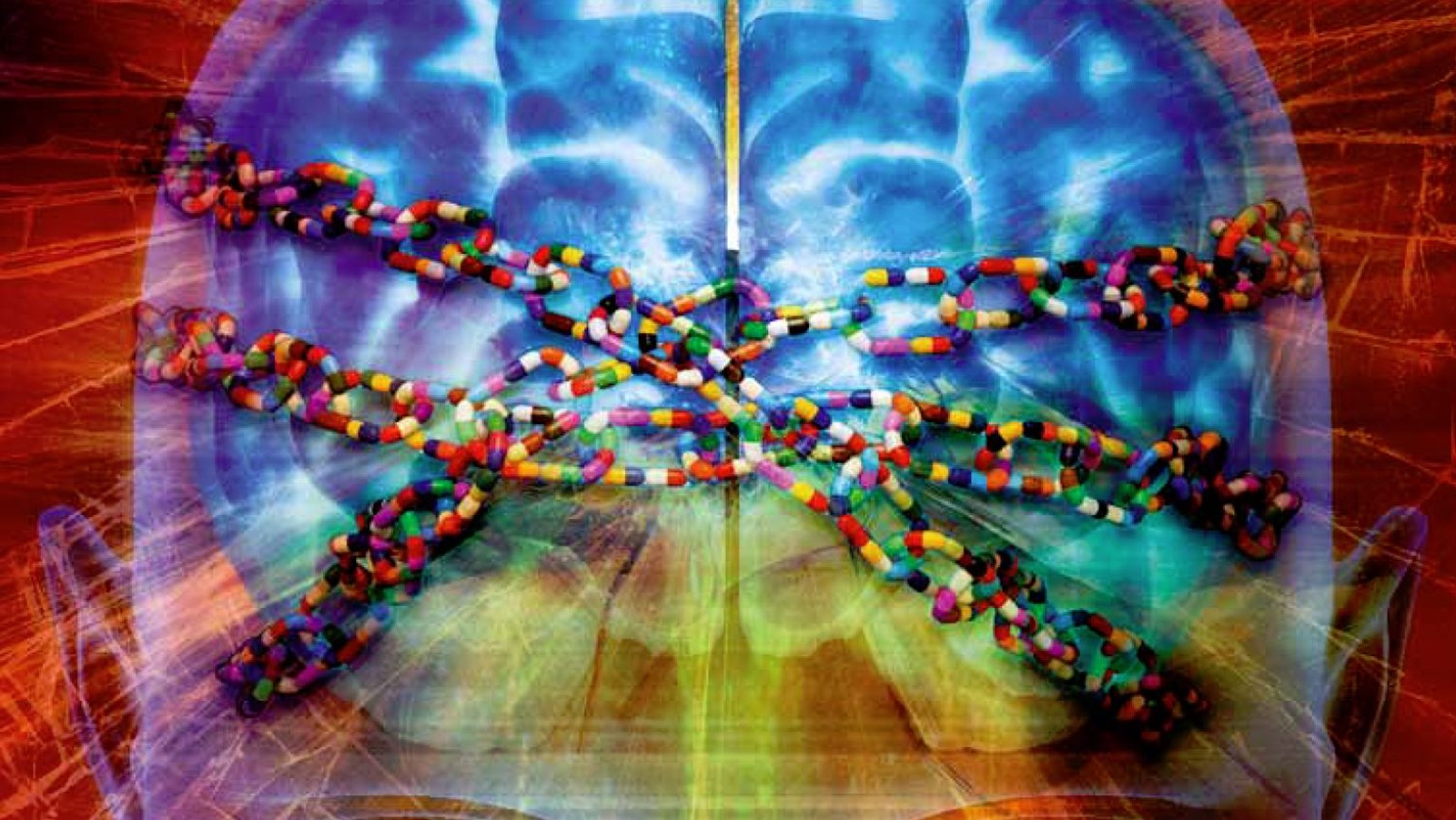In this issue
Features
Bad science and good mental health
Science alone does not provide all the answers; we also need to acknowledge the influence of mind, argues Martin Seager.
Mindfulness for students
Ariana Faris describes how mindfulness training can help students cope with performance stress.
Clinical hypnosis in practice
Clinical hypnosis can be a useful addition to the therapist’s repertoire, says John Butler.
Regulars
Talking point
Dominic Davies: Same-sex retraction
In practice
Rachel Freeth: We are human too
News feature
Families in trouble
Does counselling have a place in interventions to help ‘troubled families’ break free from the cycle of disadvantage? Catherine Jackson talks to practitioners on the frontline.
Questionnaire
Lynette Harborne
Dilemmas
Caught in the middle
Day in the life
Helena Stuart: We always grow towards potential
Letters
BACP
From the chair
Amanda Hawkins: A time for nurture and reflection

Articles from this issue are not yet available online. Members and subscribers can download the pdf from the Therapy Today archive.
Editorial
Martin Seager, author of our cover feature this month, is sick of hearing counsellors being told that they are unscientific and that they must jump on the IAPT bandwagon and become evidence-based. In ‘Bad science and good mental health’ he wants to give the counselling profession hope that counselling culture and science culture can and should work together.
The key to this, as he sees it, is that the mind needs to be factored in to science rather than factored out, as it currently is. Human minds can never be measured quantitatively or objectively, he argues. IAPT itself reflects the ‘bad science’ endemic in our traditional mental health culture – a pseudo-science that belies our everyday experience of working with people with mental distress. To understand mental health scientifically we need to look more closely at the science of empathy, attachment and relationship. We know that what transforms people in therapy and in life is loving and caring relationships and Seager wants counsellors to retain their belief in the human value of what they do and not be ground down by the power of the medical model.
Counsellors working with the Government’s newly identified 120,000 ‘troubled families’ sound pretty convinced about the human value of their interventions. Interestingly, nobody in our news feature is suggesting that these families are trapped in cycles of disadvantage and despair due to any biological deficiencies or hereditary illnesses or, indeed, that they should be receiving manualised evidence-based therapies. This is another payment-by-results programme, a case of do whatever it takes to improve these people’s lives and stop them draining public resources. And counselling, as you would expect, is playing an important part. Reading through Louise Casey’s case histories of troubled mothers, it’s not hard to understand where things have gone wrong for these families. As Sue Gerhardt says, if you’ve never experienced a positive relationship in your life, the cure is to have a positive relationship. Threatening to withdraw benefits isn’t going to address that.
Sarah Browne
Editor
